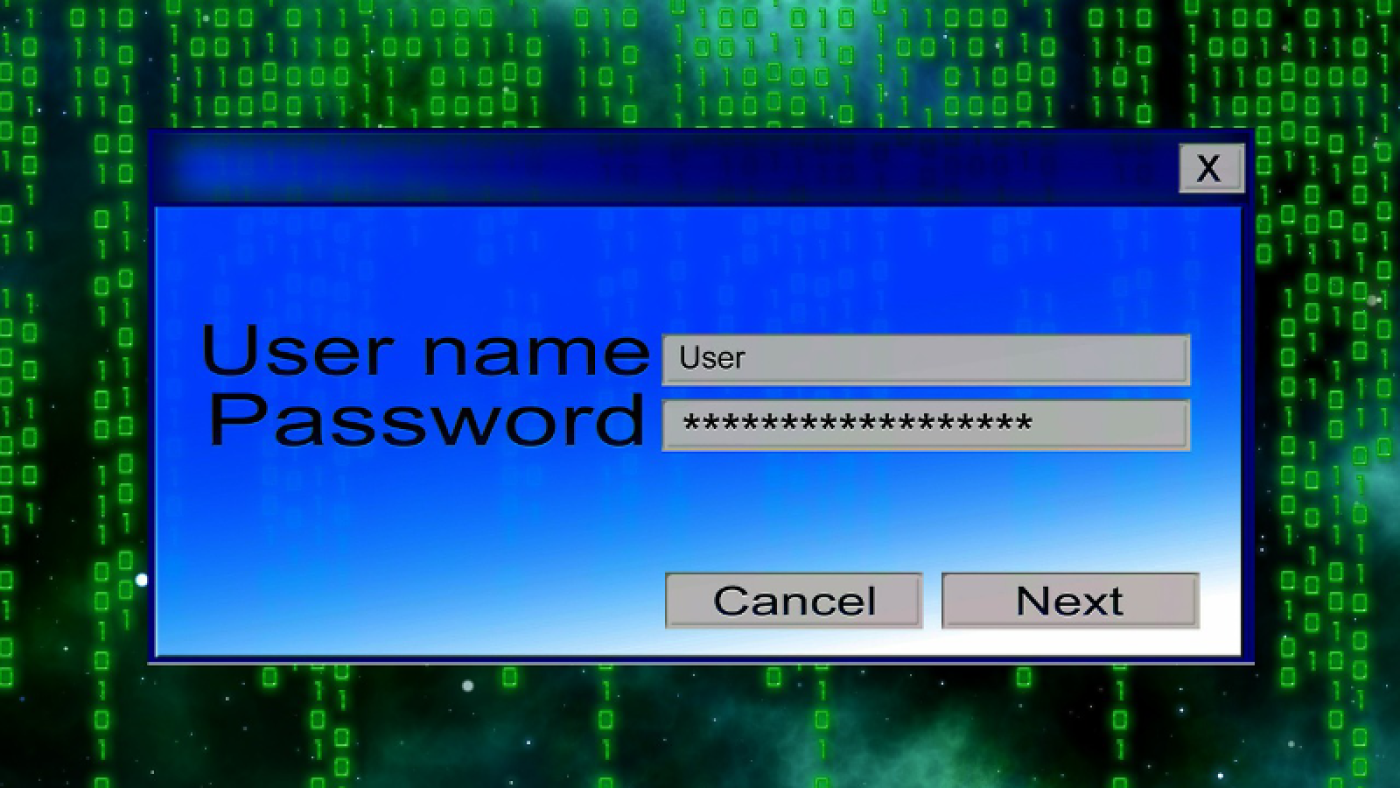Creating strong passwords actually is a big step to protect your online security. But, you may wonder how a password is considered strong enough? Today, we are going to show you what a good password truly is and help you take your passwords to the next level for the major security. Therefore, simply follow these guidelines, and you will immediately make all your passwords stronger and protected.
Have a complex combination
First of all, it’s necessary to set up a password with random words, numbers, symbols (!@#$%) and a mix of upper- and lowercase letters together. Besides, make sure that you don’t use any sequential or repetitive characters for your choice. Actually, to increase the complexity of password combination is a very effective way to give snoopers a hard time to guess out your passwords.
Meet the length
Secondly, try to set your passwords at least 16 character as the best practice for creating the passwords. In addition, although your password meets the length we recommended, try not to use commonly known names. This is because the easy-to-guess words can make your passwords vulnerable.
Don’t include personal data
Thirdly, do not use any personal data to form the passwords. We know that it’s easier to remember a password based on self’s name, address, birthday or even family’s information. In the other hand, it also makes your passwords effortlessly revealed by anybody who knows some basic information of yours.
Don’t do passwords recycling
What do we mean no passwords recycling? It means that you should avoid repeating the used passwords across different accounts. Besides, do not think that it is an ideal password change by only modifying the prefix or suffix. As an example, changing from “AppleMartini1” to “AppleMartini2” or “3Appletrees” to “4Appletrees“ is actually too weak for a password renewal.
Never use “Password” as part of your password
Finally, never and never use “Password” as part of your password combination! In fact, this is a common error for many people to use it as the word of choice. Many people use this word to make their password apparently longer; however, this doesn’t help much to make the password harder to break.
Image by Gerd Altmann from Pixabay
